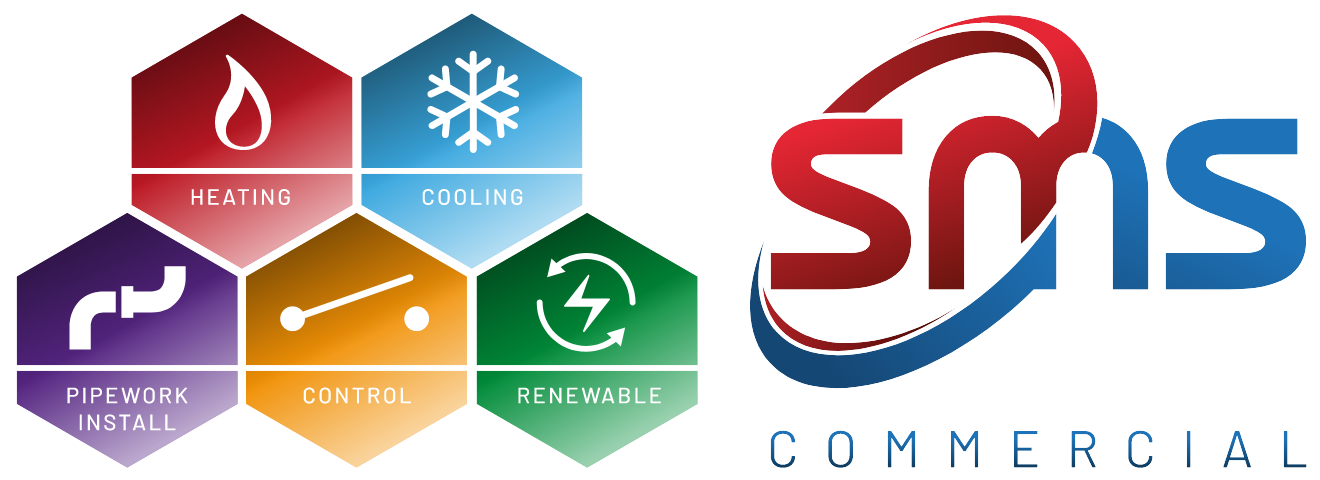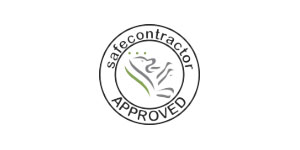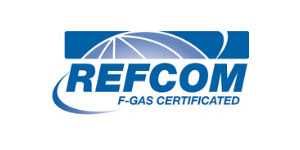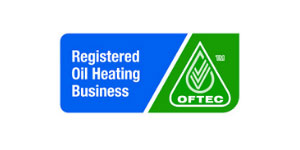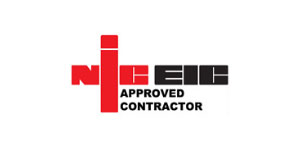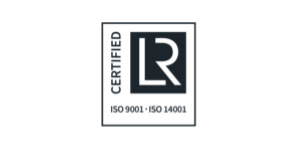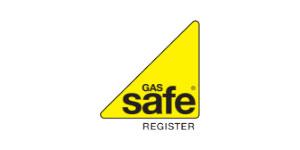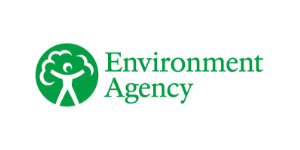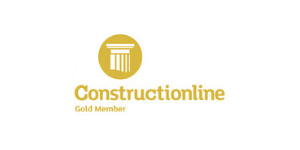When Does a Boiler Become Commercial?
Boilers are essential for heating systems in both residential & commercial settings, utilizing fuels like natural gas or oil. They are found in homes, offices, warehouses, industrial complexes, schools, hospitals, & more. The distinction between domestic & commercial boilers primarily hinges on size, power, & usage. Understanding these differences is crucial for proper boiler installation, maintenance, & compliance with regulations.
Table of Contents
- When is a Boiler Commercial?
- How Does a Boiler Work?
- The Differences Between Commercial Boilers & Domestic Boilers
- Let’s Take a Closer Look at Commercial Boilers
- Domestic Boilers in Commercial Premises
- Boiler Installation & Maintenance
- Gas Installation Pipework & Safety Considerations
- GDPR Cookie Consent & Website Functionality
- Conclusion
When is a Boiler Commercial?
A boiler is generally classified as commercial if it has an input of at least 300,000 BTUs (British Thermal Units) per hour. Boilers below this threshold are considered domestic. Commercial boilers must meet specific efficiency standards, which currently require a minimum efficiency rate of 80% for gas-fired, hot-water boilers. These standards are set to increase, with minimum efficiency levels rising to between 81% & 88% by 2023.
How Does a Boiler Work?
The operation of a boiler is relatively straightforward. It generates hot water or steam, which is then circulated through baseboard units, radiators, or fan coils to heat the facility. Commercial boilers tend to have larger outputs & are capable of heating larger spaces more efficiently. They are often part of central heating systems that provide consistent heat & hot water to multiple areas within a building.
The Differences Between Commercial Boilers & Domestic Boilers
Capacity & Size:
- Domestic Boilers: Typically designed for single-family homes with capacities ranging from 10kW to 70kW.
- Commercial Boilers: Intended for larger buildings or multiple dwellings, starting at approximately 300,000 BTUs per hour & potentially exceeding several million BTUs per hour. Outputs often range from 150kW to 1500kW.
Application & Usage:
- Domestic Boilers: Used in homes & small apartment buildings, catering to moderate heating & hot water needs.
- Commercial Boilers: Found in office buildings, schools, hospitals, & factories, designed to handle extensive heating loads.
Regulations & Standards:
- Domestic Boilers: Must comply with local building codes focusing on efficiency, safety, & environmental impact.
- Commercial Boilers: Subject to stringent federal, state, & local regulations, often involving rigorous safety & emissions standards.
Let’s Take a Closer Look at Commercial Boilers
Commercial boilers usually consist of either one large boiler or a series of smaller boilers that produce a combined output of 150kW or more. These systems are crucial for heating large commercial spaces & ensuring a consistent supply of hot water.
Key Features:
- Size: Determine the number of radiators, the size of the building, & the number of hot-water outlets. Professional assessment is recommended for accurate sizing.
- Energy Efficiency: Modern commercial boilers offer high efficiency, with some systems utilizing condensing technology to achieve efficiencies as high as 99%.
- Type of Fuel: Options include natural gas, oil, electricity, & renewable fuels like hydrotreated vegetable oil (HVO).
Domestic Boilers in Commercial Premises
In some cases, domestic boilers are installed in commercial premises. For example, a small business might use a domestic boiler if the heating needs are minimal. However, using a domestic boiler in a commercial setting requires careful consideration of the boiler’s capacity & the building’s heating requirements.
Key Points:
- Qualifications: Heating engineers need the appropriate qualifications to service boilers in commercial settings, even if the boilers are classified as domestic.
- Safety: Ensure that the installation meets all safety standards & regulations, including those related to gas installation pipework & electrical connections.
Boiler Installation & Maintenance
Proper installation & regular maintenance of boilers are critical for ensuring efficiency & safety. Commercial boiler installations require adherence to specific guidelines & regulations.
Installation Considerations:
- Professional Installation: Always hire certified heating engineers for boiler installation to ensure compliance with safety standards.
- Location: Choose an appropriate location for the boiler to facilitate maintenance & optimize performance.
- Ventilation: Ensure adequate ventilation to prevent the build up of harmful gases.
Maintenance Tips:
- Regular Servicing: Schedule annual boiler service to check for issues like low working pressure, leaks, or inefficient combustion.
- Monitoring: Keep an eye on boiler performance & address any anomalies promptly to prevent larger issues.
Gas Installation Pipework & Safety Considerations
Safety is paramount in both domestic & commercial boiler installations. Gas installation pipework must be designed & maintained to prevent leaks & ensure efficient operation.
Safety Protocols:
- Inspection: Regularly inspect gas pipes & connections for signs of wear or damage.
- Regulatory Compliance: Follow guidelines set forth in IGEM/G/11 & other relevant standards to ensure safe installation & operation.
- Qualified Personnel: Ensure that only qualified professionals handle gas installation & maintenance tasks.
GDPR Cookie Consent & Website Functionality
Websites offering boiler services or products need to comply with GDPR regulations regarding user data & cookie consent. Implementing a cookie consent plugin helps manage user consent for tracking & data collection.
Key Elements:
- GDPR Compliance: Ensure that your website uses cookies in compliance with GDPR. Inform users about data collection & obtain their consent.
- Cookie Consent Plugin: Use a plugin to manage user consent for cookies, including those for advertisement & analytical purposes.
- Advertisement Cookies: Inform users about cookies that track visitors across websites for targeted advertising.
- Analytical Cookies: Use cookies to track website visitors & gather analytics, ensuring that this data collection is transparent & consensual.
Conclusion
Understanding the distinctions between domestic & commercial boilers is crucial for selecting the right system for your needs. Commercial boilers are designed for larger outputs & more demanding applications, while domestic boilers are suited for smaller spaces. Proper installation & maintenance are essential for ensuring safety & efficiency. Additionally, compliance with GDPR & effective use of cookie consent plugins are vital for maintaining website functionality & user trust.
Whether you’re considering a commercial boiler installation for a large facility or a domestic boiler for a home, it’s important to consult with professional heating engineers & adhere to all relevant regulations & standards. By doing so, you can ensure that your heating system operates safely, efficiently, & in compliance with all necessary guidelines.

